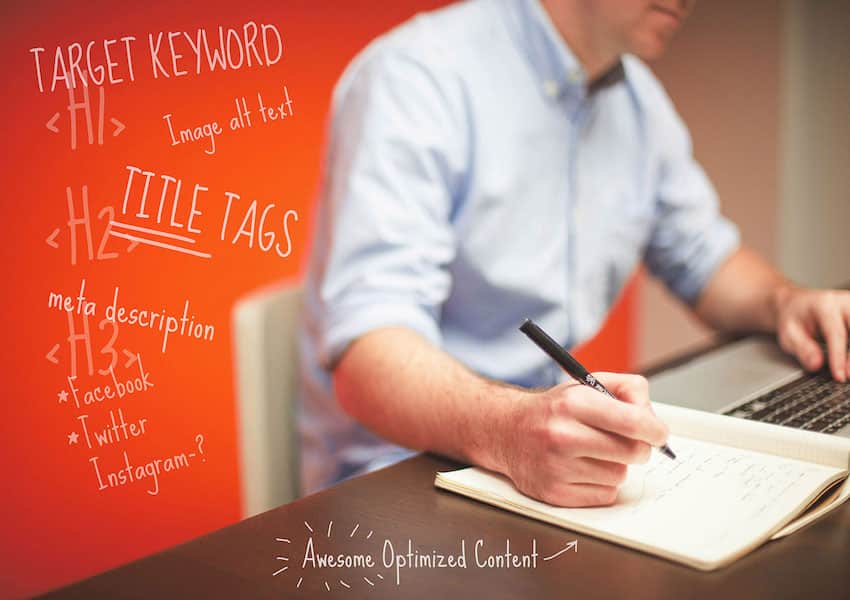I bet you thought that once you graduated school that you were done with having to worry about people evaluating and grading your writing. Well, think again! Google evaluates and classifies the reading level for each of your pages into one of the following three buckets:
- Basic
- Intermediate
- Advanced
The classifications are intended to describe the level of reading comprehension needed to understand the content on the page. For example, scientific research papers would be more likely to end up classified as Advanced, while you would expect a website targeted at kids to be classified as Basic.
Google does this for many reasons, but the main purpose, like most of the things Google does, is to better serve its users. By being able to evaluate reading level, Google can better identify poor quality content and filter out spammy low-quality content from their search results.
In addition, they can allow users to search for things based on reading level. For example, let’s say you just bought a new iPad and you were looking for a tutorial. You could search for “iPad tutorial” and filter sites that contain basic reading levels to ensure that the tutorials you review are easy to read and understand. Not sure how to do this? Don’t worry, just keep reading.
Filter your search results by reading level
Here is a step-by-step guide to filtering your search results by reading level – it is actually quite easy!
Step 1
Enter your search query in the Google search box as usual. Then click the “Show search tools” link in the bottom of the lefthand sidebar. In this example, we will search for iPad tutorials.
Step 2
After clicking “Show search tools” the menu expands. Under the “All Results” menu, click “reading level.”
Step 3
After clicking the “reading level” the search results should refresh and you see a chart that lists the percentage of sites that fall into each reading level. In addition, the reading level is displayed for each individual search result.
Step 4
The last and final step is to click the reading level that you want to filter the results so that only sites that match that reading level are shown. That’s it, you did it!
In the example below I clicked on the Basic reading level. To revert back to normal search settings simply click on the “x” in the upper right-hand corner of the reading level box.
Reading level and SEO
Although the reading level can be very helpful for users, it can also be a valuable resource for optimizing content and improving your SEO. Generally speaking, you want to write content that is consistent with the reading level used on the majority of sites that discuss the particular subject matter in question.
For example, 71% of the sites that write about iPad tutorials have content that is at the Intermediate reading level, while only 8% have content that is at an Advanced reading level. This means that in the eyes of Google, an Intermediate reading level is more “normal” and appropriate for this subject matter.
And as a result, Google may favor this type of content in the results because it believes that it better suits the audience and provides a better user experience for the user – or so the theory goes?
If you think about this logically, it actually makes sense. iPad tutorials shouldn’t be at an advanced reading level. You don’t want tutorials to be like research papers; using long sentence structures, a large vocabulary, and requiring advanced reading levels to comprehend the subject matter.
You want tutorials to be written so that your readers can easily understand the material; short sentence structures and simple vocabulary (basic reading level). However, the iPad itself is a technical device and by nature, some of the jargon and vocabulary used to understand it is probably above the basic reading level, which is why the majority of sites are classified as Intermediate.
By doing this research ahead of time you’d know the reading level you want to achieve (Intermediate in this case) and the reading level you most likely want to avoid (Advanced in this example). In addition, after you’ve written and published the article you can see how Google classifies it and then make the necessary modifications to get the desired result.
Reviewing reading level for keyword targets is not a game changer, but it can help you write better content and it can be an effective and useful tool in an SEO analyst’s bag of tricks.




